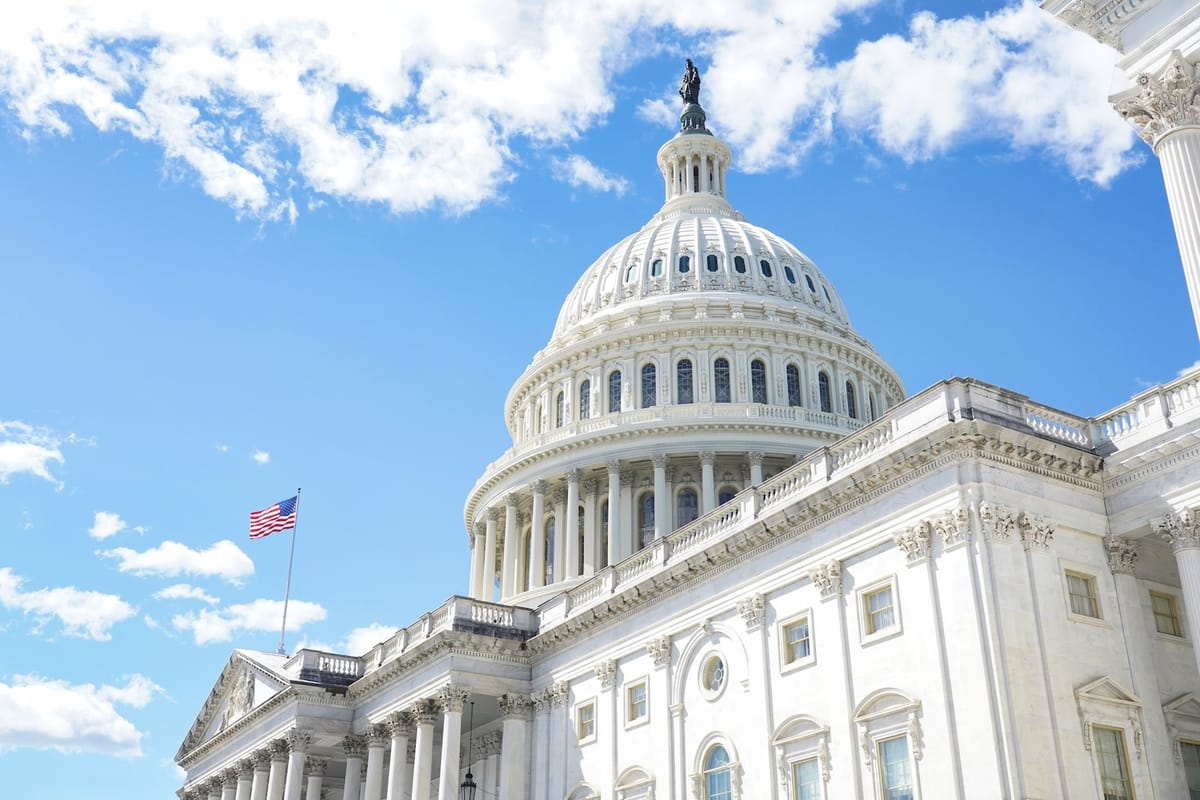

Legislation Targets Judicial Overreach
On April 9, the U.S. House of Representatives passed a bill aimed at curbing the authority of federal district court judges to issue nationwide injunctions. The measure, known as the No Rogue Rulings Act (NORRA), cleared the chamber with a vote of 219 to 213, reflecting a near party-line split. Introduced by Rep. Darrell Issa of California, the legislation seeks to address what many see as an overstep by individual judges who have halted executive actions across the entire country, rather than limiting their rulings to the specific parties involved in a case.
The bill’s passage comes amid a surge of injunctions that have stalled key policies of the Trump administration since January. Rep. Issa argued on the House floor on April 8, stating, 'It undermines the system of government when unelected judges dictate national policy and thwart the rights reserved to Congress and the President.' This move signals a push to restore balance to the separation of powers, ensuring that judicial rulings do not unilaterally override the will of elected officials.
Scope of the No Rogue Rulings Act
The No Rogue Rulings Act specifies that federal district court judges can only issue injunctive relief that applies to the parties directly involved in a lawsuit. This restriction aims to prevent a single judge from issuing sweeping orders that affect millions of Americans who are not part of the case. However, the legislation includes an exception: when multiple states from different judicial circuits bring a challenge, a three-judge panel can issue broader relief, provided the case meets certain criteria.
Rep. Issa emphasized the bill’s intent during debate, saying, 'District court orders should only bind parties before the court, not nonparties across the country.' The measure also allows for immediate appeals of temporary restraining orders against government actions, aiming to expedite resolution and prevent prolonged policy delays. This framework seeks to curb what proponents call 'judge shopping,' where litigants seek out sympathetic judges to secure nationwide rulings.
The timing of the bill’s passage aligns with recent Supreme Court decisions that have overturned injunctions, such as one from California Judge William Alsup mandating the rehiring of 16,000 federal probationary employees. The High Court’s ruling on April 8 granted a stay requested by the administration, reinforcing the argument that lower courts have overreached their authority in recent months.
Historical Context of Nationwide Injunctions
Nationwide injunctions have grown in frequency over the past two decades, with a marked increase during the Trump administration. Data shows that during George W. Bush’s presidency, six such injunctions were issued, rising to 12 under Barack Obama. In Trump’s first term, the number soared to 64, with many targeting immigration and federal workforce policies. Since his return to office in January, at least 17 injunctions have been recorded as of late March, a pace that has alarmed lawmakers.
The escalation has fueled accusations of judicial activism, particularly as these rulings often come from districts perceived as hostile to executive priorities. For instance, U.S. District Judge James Boasberg recently blocked deportations under the Alien Enemies Act, prompting calls from President Trump for his impeachment. Rep. Issa noted, 'Both parties have engaged in judge shopping, but the scale we’re seeing now demands action to protect our constitutional order.'
Impact on Executive Authority
The ability of a single district judge to halt national policy has significant implications for the executive branch’s ability to govern. The Trump administration has faced repeated setbacks, including injunctions pausing efforts to streamline federal agencies and deport criminal aliens. On April 8, Rep. Mark Harris of North Carolina stated on the House floor, 'A single judge can hold the America First agenda hostage indefinitely, and this must end.'
The No Rogue Rulings Act aims to ensure that executive actions, backed by the electoral mandate of the presidency, are not derailed by isolated judicial decisions. Supporters argue that broader challenges should be escalated to appellate courts or the Supreme Court, where a more balanced review can occur. The White House endorsed the bill on April 8, stating, 'This legislation preserves the separation of powers enshrined in our Constitution.'
The Supreme Court’s recent interventions, such as lifting Judge Boasberg’s deportation injunction on April 8, highlight the urgency of this issue. Advocates of the bill contend that it will prevent lower courts from acting as de facto policymakers, a role they believe belongs to the elected branches of government.
Next Steps in the Legislative Process
With the House’s approval, the bill now heads to the Senate, where its fate remains uncertain. Republicans hold a slim majority with 53 seats, but passing legislation requires 60 votes to overcome a potential filibuster. Senate Judiciary Committee Chairman Chuck Grassley has signaled support, having introduced a similar measure, the Judicial Relief Clarification Act, on April 1. Grassley remarked, 'Article III of the Constitution tasks the judicial branch with resolving cases, not making policy.'
House Speaker Mike Johnson has championed the effort, warning on March 31 that Congress could take further steps, including defunding courts or eliminating districts, if judicial overreach persists. However, some Senate Republicans, like John Cornyn of Texas, have expressed skepticism about extreme measures, saying, 'I’m not going to support defunding an equal branch of government unless there’s clear evidence of misconduct.'
The bill’s supporters remain optimistic, citing bipartisan frustration with injunctions in past administrations. Rep. Issa pointed out, 'This isn’t just about one president; it’s about ensuring the system works as intended for all.' Whether the Senate can muster the necessary votes will determine if this reform becomes law, potentially reshaping the judiciary’s role in national governance.
Dues are $12 per year. Member benefits:
✅ Ad-Free Website Viewing
✅ Advocacy for Republican Seniors
✅ 120+ Senior Discounts
✅ Member Only Newsletters